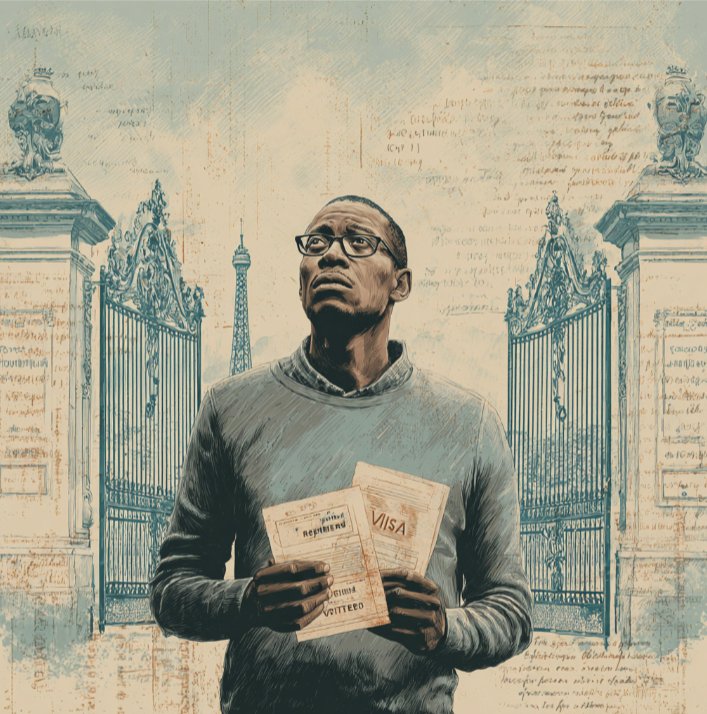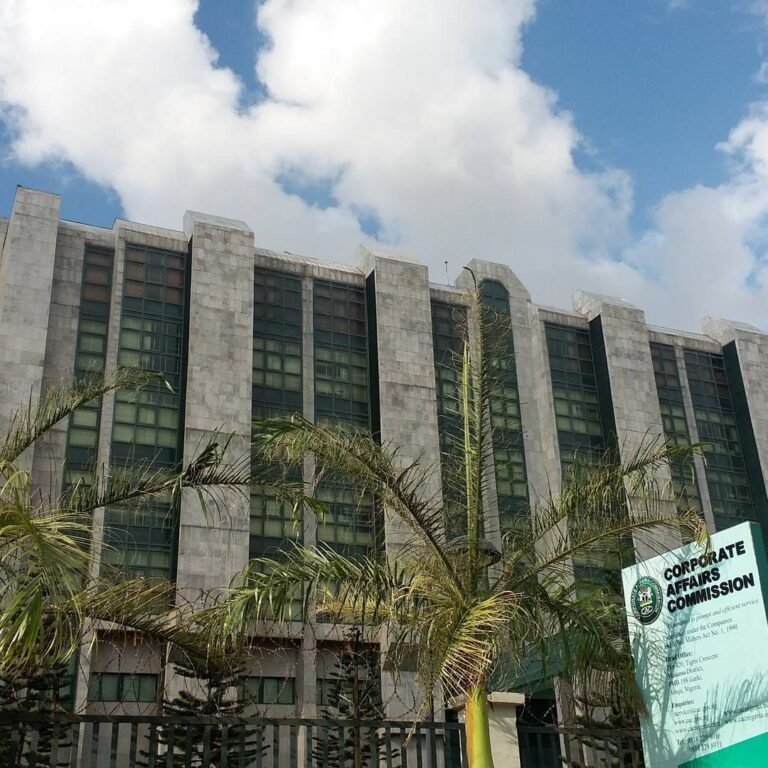In 2023, Nigerian freelance journalist Abdulrahman Abdulganiyu was selected for a prestigious program in Sweden. It was a career-advancing opportunity he had worked hard to earn. But instead of boarding a flight to Stockholm, he found himself entangled in what he describes as a bewildering and humiliating visa rejection process at the Swedish Embassy in Lagos.
“The Embassy cited some reasons for my rejection, which are not true about my personality,” Abdulganiyu told The Liberalist. “They insinuated I might not return to Nigeria if granted the visa, claimed I hadn’t travelled to the Schengen area recently, and even said they could not confirm my nationality status, despite submitting all required documents.”
Across Africa, thousands of applicants—students, professionals, and researchers—share stories of opaque procedures, unreasonable requirements, and unexplained rejections from European embassies. In many cases, applicants were given ridiculous reasons for rejection despite submitting documents that prove their eligibility.
Mrs. Salami, an award-winning investigative journalist, was also selected in 2023 to attend the Global Investigative Journalism Conference (GIJC) in Sweden, a fully funded opportunity from the International Center for Journalists (ICFJ). However, the Swedish Embassy blocked her from travelling.
“It was such a nasty experience,” she said. “I was stressed into bringing one requirement or the other, including wedding pictures. I abandoned my office work for four consecutive days just to respond to one flimsy excuse. I wouldn’t like to undergo such stress in my life again.”
Three of her colleagues who were also selected for the same conference were denied visas despite meeting the requirements. “Only the embassy knows why we were denied. We even drew the attention of their ambassador to the matter, but nothing was done,” she added.
The Schengen Zone, which covers 29 European countries, offers short-term visas allowing travel up to 90 days within 180 days. Africans apply for these visas for education, conferences, tourism, business, or medical care. But even the most legitimate plans are increasingly rejected.
Data from the European Commission reveals that over 11.7 million people applied for Schengen visas globally in 2024. However, rejection rates remain disproportionately high for Africans. Nigeria and Ghana saw rejection rates of 45 percent, while Guinea-Bissau and Senegal recorded 47 percent and 46 percent, respectively. Comoros, an East African country, topped the chart with a staggering 62 percent.
Each application costs a non-refundable fee of €90. According to the UK-based LAGO Collective, a research and advocacy group focused on migration and mobility justice, in 2024 alone, African applicants collectively lost more than €60 million (over USD 67 million) through rejected visa applications.
“The poorest countries in the world are paying the richest countries not to let them in,” said Marta Foresti, founder and CEO of LAGO Collective. “The poorer the country of origin, the higher the rejection rates.”
While European embassies insist their decisions are based on thorough risk assessments, many Africans view them as deeply biased. Foresti describes these patterns not as administrative outcomes but as symptoms of a larger issue: “inequality, suspicion, and systemic bias.”
Julius Musimeenta, an engineer from Uganda, found this out the hard way. He had previously travelled to Europe and applied again last year to attend an engineering fair in Munich. The German Embassy rejected his application and those of his five family members.
“They always think negatively about us travelling to their countries,” he said. “Africans contribute a lot to funding these embassies through these rejections.”
In Ghana, university lecturer Michael K. Okyere Asante planned to conduct academic research at Foundation Hardt in Switzerland and the American School of Classical Studies at Athens in Greece. Despite submitting endorsement letters from both institutions, the Swiss Embassy in Accra denied his visa.
“The Embassy claimed I didn’t justify the purpose and conditions of my stay,” he said. “This is false. The documents justified both.”














